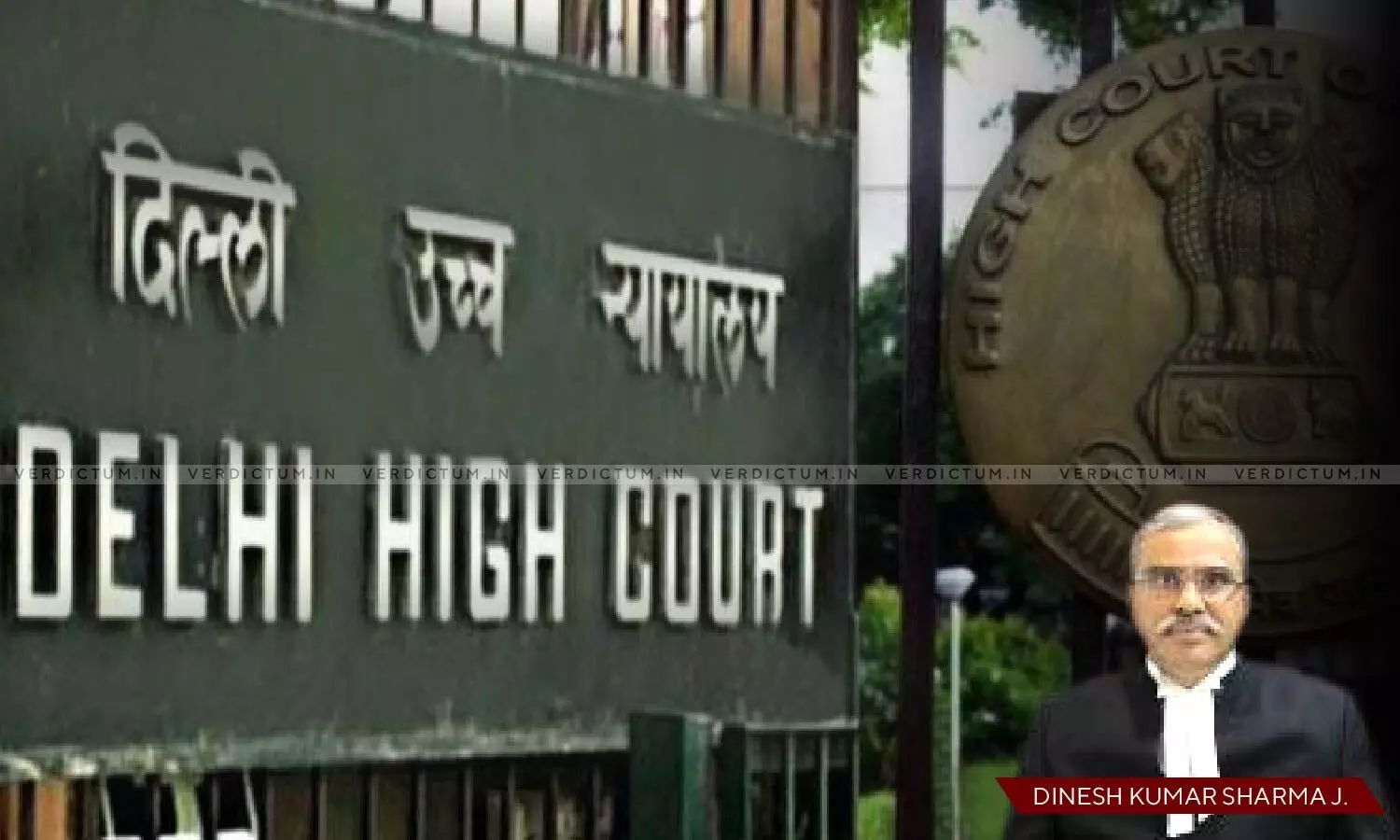
Clauses In Arbitration Agreement Are Sacrosanct; Should Be Read In A Manner That Does Not Frustrate The Purpose: Delhi HC
 |
|The Delhi High Court observed that the clauses in an arbitration agreement are sacrosanct but have to be read pragmatically and not in a manner that frustrates the purpose.
The Court was hearing a petition under Section 11 Arbitration & Conciliation Act, 1996 for the appointment of a sole arbitrator.
The bench of Justice Dinesh Kumar Sharma observed, “The clauses in the agreement are sacrosanct and cannot be done away with. However, at the same time, the clauses have to be read in a pragmatic manner and not in a manner that frustrates the purpose.”
Brief Facts-
Dispute arose between Petitioner, Telecommunications Consultants India Ltd. and Respondent, Govt. Of NCT of Delhi with two Master Service Agreements both of which are entered into between the parties. Both agreements contain the arbitration clause with certain steps to be exhausted before resorting to arbitration. The steps include mutual talks, mediation and appointment of an expert and settlement through the Administrative Mechanism for Resolution of CPSC Disputes (AMRC). The mediator’s report indicated that the parties could not reach an amicable settlement. The petitioner submitted that there is no possibility of the matter being resolved amicably or with the help of experts, therefore, an arbitrator may be appointed.
While observing that the scope of jurisdiction under Section 11 of the Arbitration and Conciliation Act while making the reference is no longer res integra. The Court relied on the decision in M/S Duro Felguera, S.A. vs Gangavaram Port Limited (2017) 9 SCC 729 and observed, “The courts have time and again enumerated that the jurisdiction of the Court under Section 11 of the Act is limited to the extent that the court is only required to see whether there is an arbitration agreement and whether an arbitrable dispute exists between the parties.”
The Court stated that the resolution of the dispute through mutual discussion or with the help of experts is in fact to allow a party to resolve their dispute, if possible, even before entering into the arbitration. However, the background of the present case showed that the parties have failed to reach any settlement in the escalation procedure as well as before the learned mediator.
The Court further stated that there is no doubt that the dispute in the present case is technical and commercial therefore, the Court gave liberty to the parties to move an appropriate application before the arbitrator for taking help of an expert.
Finally, the Court referred the dispute to the Arbitral Tribunal.
Accordingly, the Court disposed of the petition.
Cause Title: Telecommunications Consultants India Ltd. v. Govt. Of NCT of Delhi
Appearance:
Appellant: Adv. Manish Sharma, Adv. A.S.Anand, Adv. Ninad Dogra, Adv. Adya Rao and Adv. Antu Das
Respondent: Adv. Mohit Bhardwaj, Adv. Vibhor Garg, Adv. Keshav Tiwari and Adv. Abhimanyu Garg